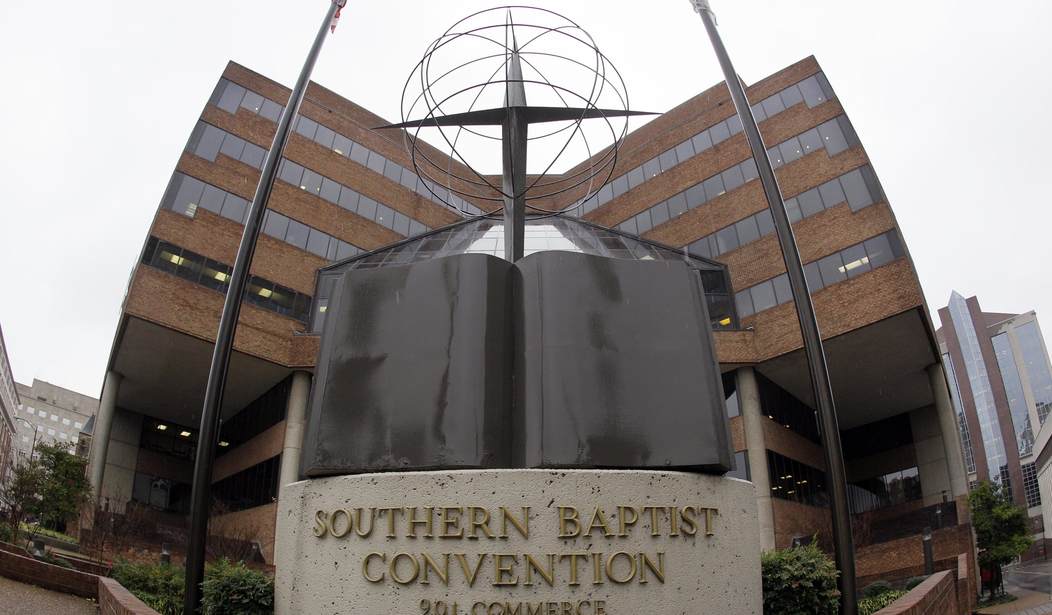WASHINGTON – Sen. Joe Manchin (D-W.Va.) last week introduced a slate of legislation aimed at improving the Food and Drug Administration’s approach to the opioid addiction crisis.
Manchin has been highly active on the opioid front since 2012 as West Virginia is the epicenter of America’s highest drug overdose death rate, recording 844 deaths in 2016. In the past four years, the overdose death rate in the Mountain State has jumped by 46 percent. According to Manchin’s office, there were 33,000 opioid-related deaths in the U.S. in 2015, the highest of any year.
On Tuesday, Manchin introduced the Protecting Americans from Dangerous Opioids Act, which would require the FDA to revoke approval of one opioid pain medication for every new approval, a so-called one-in-one-out rule.
Manchin introduced a number of other measures that would increase oversight for the FDA when considering approval of new opioid medications, while also voting against the nomination of Dr. Scott Gottlieb for FDA commissioner. Manchin cited the physician’s ties to the pharmaceutical industry and the belief that the FDA needs to dramatically change its culture. The senate confirmed Gottlieb last week.
“With 91 Americans dying every day due to an opioid overdose, the FDA now more than ever needs a champion who is committed to changing the way the agency handles opioids,” Manchin said in a statement a week ago. “The FDA and the Commissioner’s number one priority should be public health and it is inappropriate for the FDA Commissioner to have had such close financial ties with the pharmaceutical industry.”
Arizona-based general surgeon Dr. Jeffrey Singer in an interview Friday took issue with Manchin’s one-in, one-out legislation, arguing that physicians need as many medication options as possible given allergies and patient reactions to drugs. He also said that removing an opioid medication from the market won’t make it any less available, as it becomes another product to be sold by drug dealers.
Singer instead suggested loosening restrictions for physicians prescribing opioid medications. He said the overdose crisis is mainly a result of patients looking for drugs on the black market when they can no longer get the drugs from physicians, who have been tightening prescriptions because they are being watched. In Arizona, the medial licensing board submits quarterly statements to doctors tallying how each physician stacks up with his peers in terms of prescription rate.
Singer said he is not an outlier, as he falls in the “upper limits” of the average. The constant monitoring, he said, has a chilling effect on doctors, who will choose to cut off patients, which leads patients to the black market in combating withdrawal.
“The tendency is for the government to not let doctors be doctors,” said Singer, who is also an adjunct scholar for the Cato Institute. “Some of (these patients) end up turning to heroin, which is actually cheaper than (painkillers).”
Singer admitted that there are some bad actors in medicine, which he referred to as “pill mills,” doctors who liberally prescribe patients with opioid medication. He argued that these doctors are the exception, not the rule.
“I would personally rather give this patient a prescription and follow them carefully like I would any patient I would prescribe medicine to, whether its blood-pressure medicine or diabetes medicine, or whatever. I would rather give it to them than have them go to the street and get God knows what,” Singer said, adding that there aren’t really any good alternatives currently to opioids.
President Trump in March said the opioid situation is an epidemic, while establishing a commission to study the matter. The White House last week named Massachusetts Gov. Charlie Baker, North Carolina Gov. Roy Cooper, former Rhode Island Congressman Patrick Kennedy and Harvard Medical School professor Bertha Madras to the commission, which is led by New Jersey Gov. Chris Christie.









Join the conversation as a VIP Member